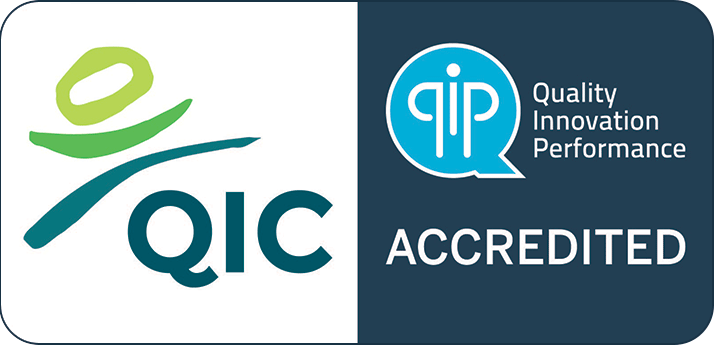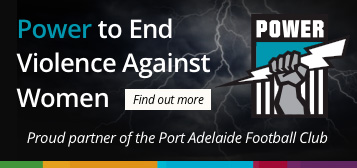Substance misuse not only impacts the individual but also their family and friends. Seeking support for yourself as well as the person at risk is crucial, writes Gabrielle Preston, Manager of Centacare’s Drug and Alcohol Service (CDAS).
Centacare’s Drug and Alcohol Service (CDAS) is an alcohol and other drug counselling and in-home detox service that operates across metropolitan Adelaide.
The service works with people who use substances as well as their families.
In many instances, it is often a family member who contacts the service first, concerned about their family member and seeking help to support them to make change.
From first contact, CDAS will focus on the wellbeing of the family and how they are coping and looking after themselves.
Individual and family support is offered and can be delivered from Centacare sites, community-based locations (by negotiation) and in the family home if appropriate.
Providing a safe space for families to share concerns, worries and goals for the future is important in order for them to plan and identify strategies that will result in ongoing engagement with the person who uses, and positive family well-being.
For many reasons, people who use substances are often disconnected from community and lack a sense of belonging. However, if they feel that they are loved, supported and belong, then they are more likely to recover.
Families of young people who use substances are well-placed to support a young person to make positive change in their life, and address underlying issues that may have resulted in them developing a substance use issue.
Education and support for families is therefore crucial.
CDAS works with families as a whole unit, or independently of the person that uses substances.
Since January this year, CDAS has seen 64 new clients of which about one third have involved family members.
Where necessary, CDAS can allocate individual counsellors to each family member to ensure that each person receives one-on-one support while reducing concern clients might have regarding privacy and confidentiality of their information, and increasing the likelihood of ongoing engagement with the service.
Key things to consider if you are a parent/family member of someone who uses substances:
Self-Care
Looking after yourself is one of the most important things you can do to help your family. Loving, caring and supporting someone who uses substances can be mentally and physically exhausting. To ensure that you have energy to support them, make sure you take time out for yourself, maintain your own interests, and connect with others.
Consider accessing support for yourself to help talk through your worries and concerns for your family member. Educate yourself around their substance use and explore ways to look after yourself and support your family member more effectively.
Accessing support for yourself will not only help you manage the situation but also models to your family member how to seek help without judgement.
Communication
Talking with your young person about their substance use might be confronting but is important if you are going to be able to understand their use and support them. Misunderstanding what/why they use can lead to assumptions about what is going on, as well as increased anxiety about what might happen in the future.
Creating a space and time to convey curiosity and care without judgement in communicating with your family member may lead to greater understanding and openness about the situation. This opens the door for further conversation and requests for help when they are ready.
Boundaries
Sometimes when a family member uses substances they may behave in ways that contribute to damaging relationships and trust. While the person may be under the influence or withdrawing when these behaviours present, be clear for yourself about what behaviours you will and won’t tolerate.
Setting boundaries is best done together with your family member in a non-judgemental way and with the message that you love and care for them but there are limits to what you might accept or do in response to their behaviour.
Ultimatums rarely result in someone changing their behaviour, however love, care, support and clear boundaries will maintain connection and opportunities for change when your family member is ready to take action for themselves. Remember: the issue is the behaviours not the person.
Acceptance
One of the hardest things families talk to Centacare about is accepting that, despite their best efforts, they cannot make their family member change.
Many parents and families describe feelings of guilt, fear, hopelessness, and responsibility for `fixing’ the situation for their child.
Families that accept that they can provide information, love and care but ultimately can only control their own behaviour are more able to clearly identify what they will and won’t do to ensure their own self care and maintain connection with the person that uses.
Connection
Consider connecting with other parents who have or are currently walking the same path as you. Family Drug Support holds regular groups across SA for family members who are supporting or have supported someone in relation to their drug use.
Speaking to others can help you feel that you are not alone, be reassured that recovery is possible and diminish the shame and stigma that comes with substance use.







